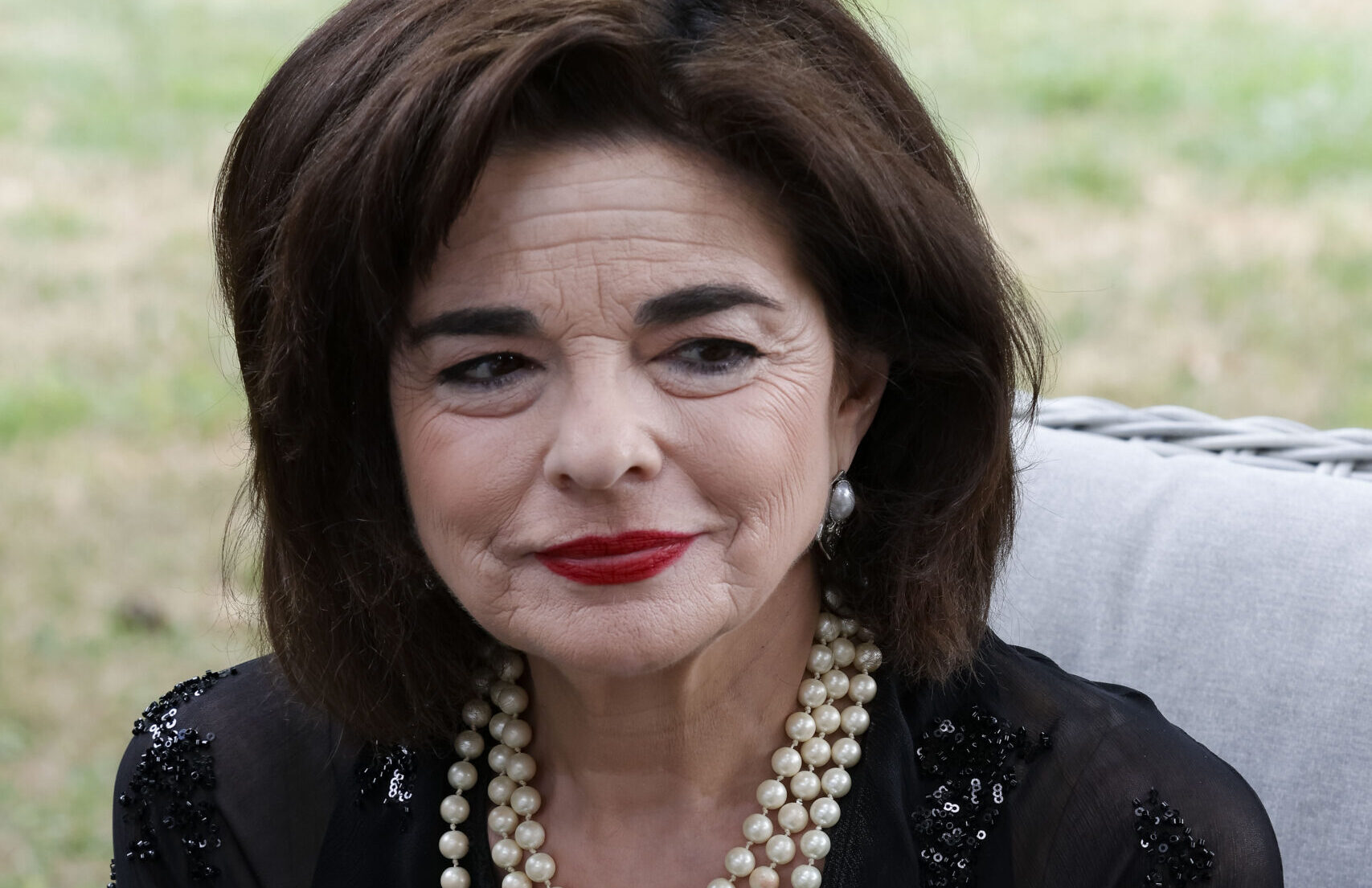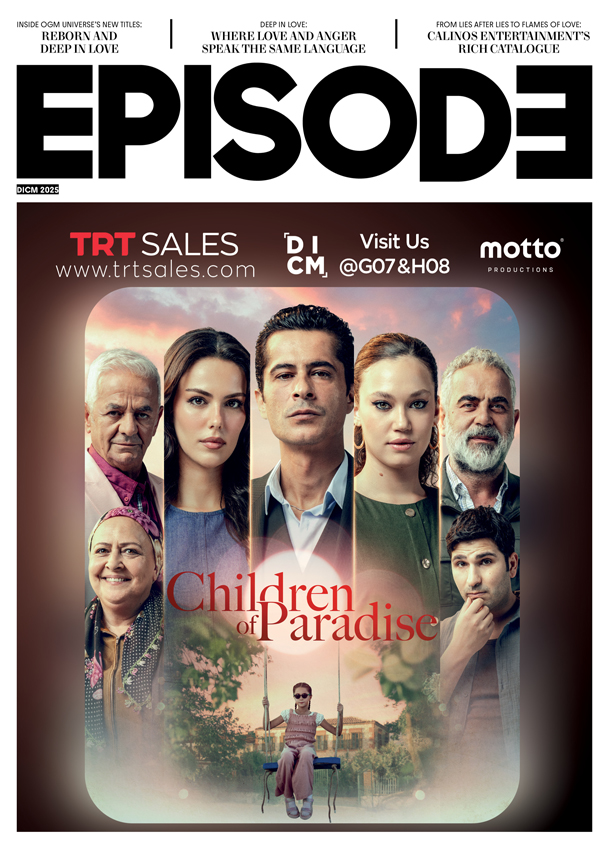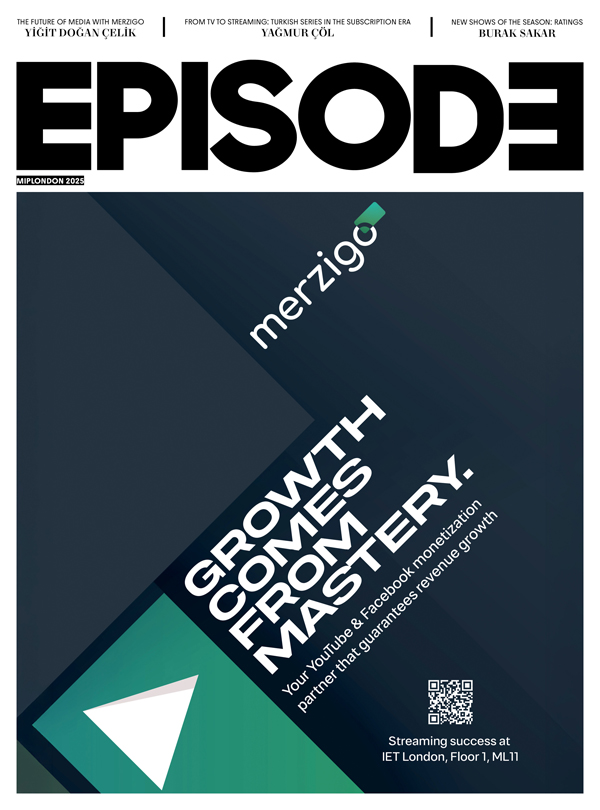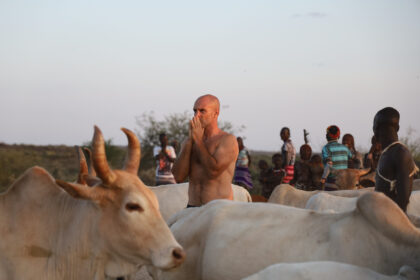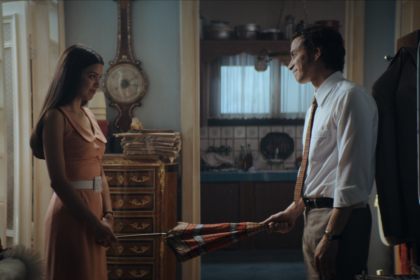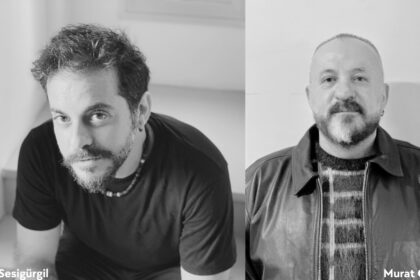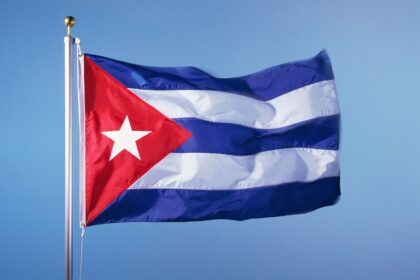With just a glance or a whisper, she can change the entire atmosphere of a scene. One of Greece’s most respected character actresses, known for her impactful voice and strong stage presence, Mania Papadimitriou brings to life the family matriarch Nikaiti in Na M’Agapas (Love Me), a woman who is both the protector of the family and the keeper of its deepest secrets. We spoke with her about the ruthless decisions taken to hold a family together, the moral dilemmas of her character, and the unshakable strength she carries from stage to screen.
Read our exclusive interviews with the cast and director of Love Me here.
Nikaiti (Nihayet) is one of the most powerful and dominant figures in the series. Did you find any similarities between yourself and your character while portraying her?
Mania Papadimitriou: (Laughing) I hope we don’t have anything in common! I’d rather not trust anyone. But joking aside, the defining trait of my character is that she lives under a constant sense of pressure. To create and project that pressure, I draw inspiration from similar moments in my own life. Perhaps the biggest similarity we share is her authoritarian streak and her need for control. All the rest, the intrigue and complexity, I borrow from people I’ve observed around me. Because those qualities aren’t part of who I am.
How do you think the audience will perceive this character?
Mania Papadimitriou: At her core, the character is really driven by a deep search for love. She may come across as very spontaneous and lacking sincerity, and even I struggle with that aspect when portraying her. But I have complete trust in my director in this matter. If he feels I’m drifting away from the character’s authenticity, he immediately steps in and guides me back on track.
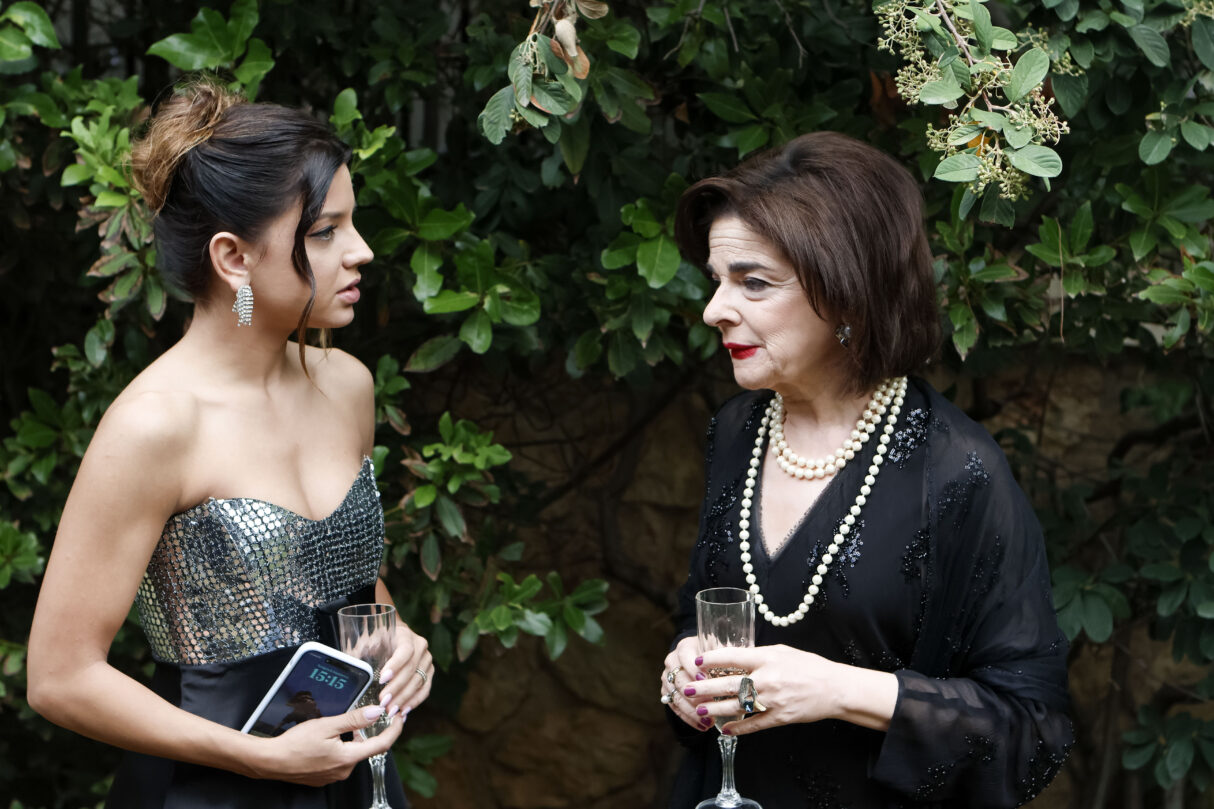
We see three different interpretations of motherhood in the series, Nikiti, Zoe, and Sofia. What do you think they say about motherhood, and which one do you believe Greek audiences will connect with the most?
Mania Papadimitriou: Greek audiences usually prefer the “good” mother figure. But in this story, the ideas of “good” and “bad” are very much intertwined. Nikaiti, for example, seems to reject her two children because of her love for her granddaughter Foteini. But she does it to protect her family’s future and legacy. She has a logic that is consistent, political, and self-serving within herself. She doesn’t act like a real mother, but more like a strategist.
The Turkish version of the series was set in Cappadocia, while your story unfolds in Nafplio, a historic Greek city. In your opinion, how does that setting affect the narrative?
Mania Papadimitriou: I love Nafplio. I think it was the perfect choice for these kinds of stories.
As the series has already reached audiences worldwide, what kind of responsibility comes with being part of the Greek adaptation?
Mania Papadimitriou: Of course, it’s a huge responsibility, and very exciting experience. We’re doing everything we can to carry that success forward. We’re working with such a strong producer and an amazing team, and that gives us great confidence.






